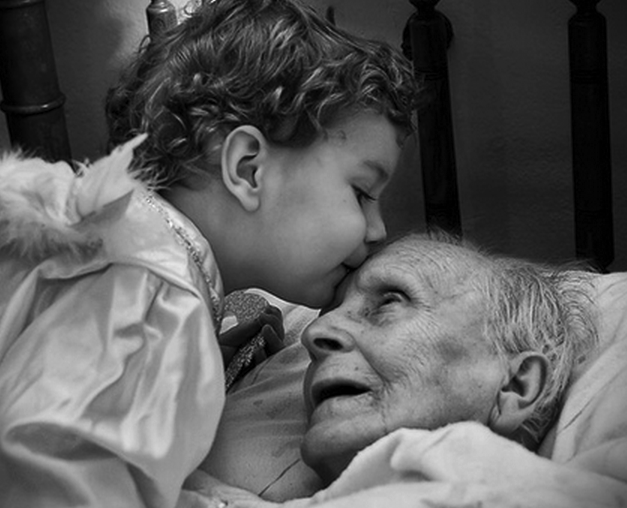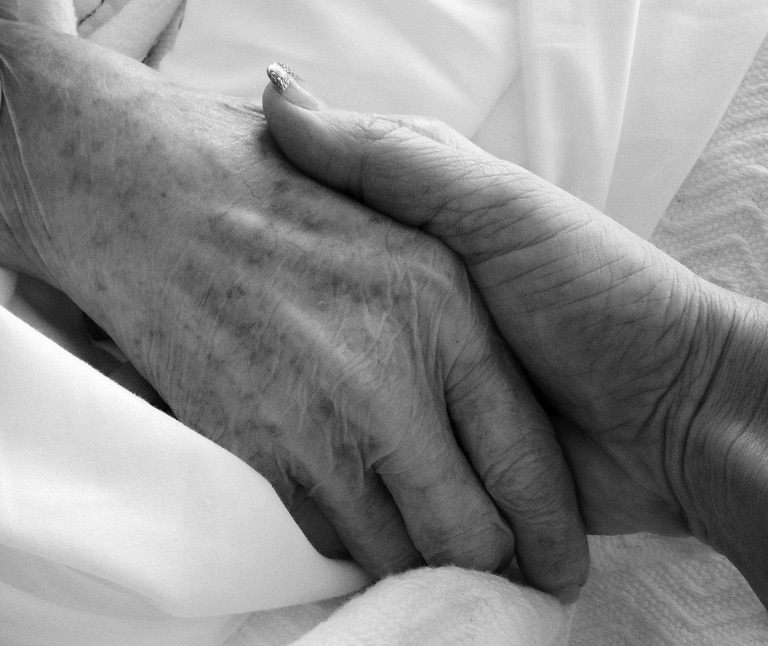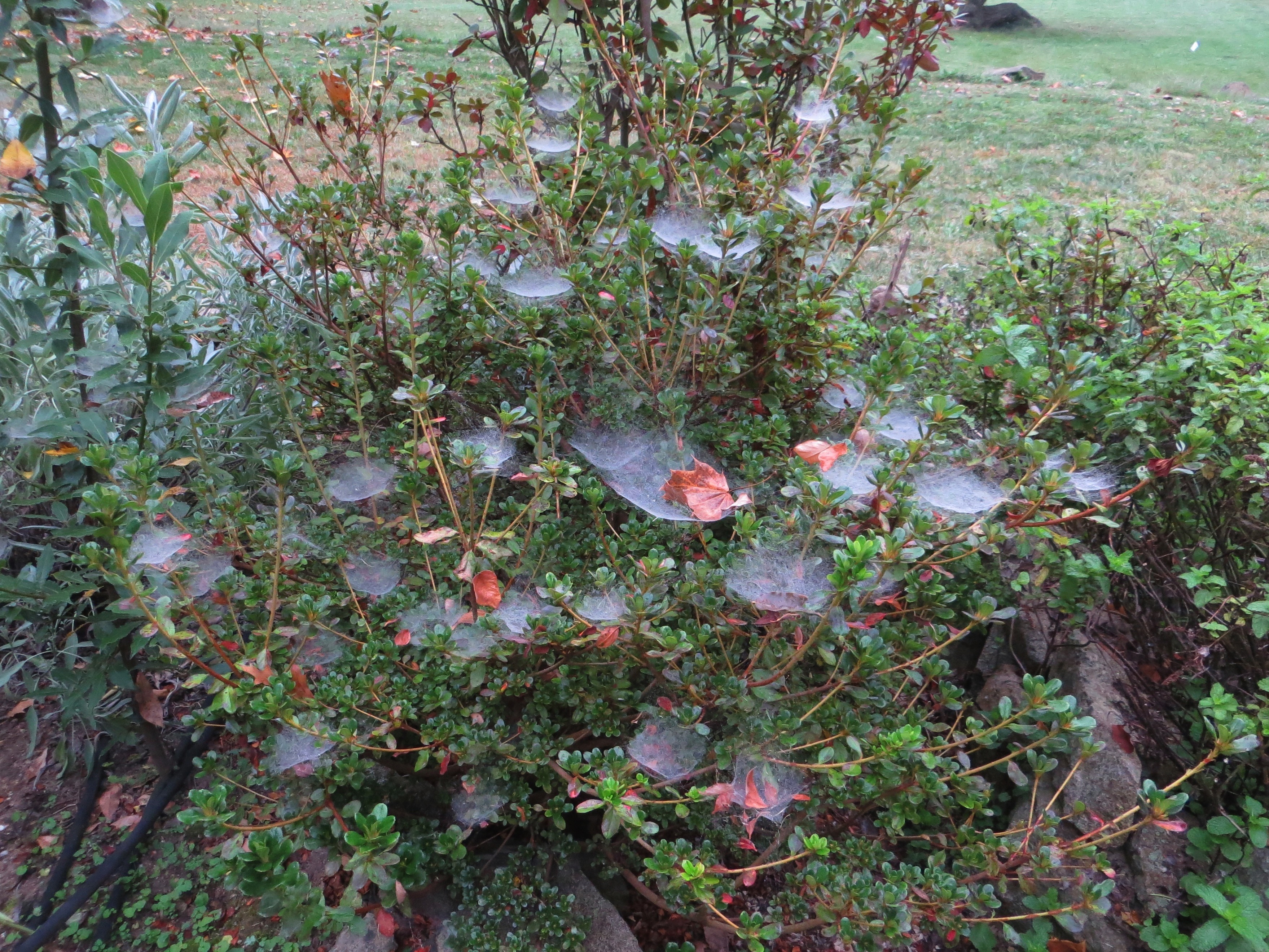End

Come Out with Me...
Children and the Work of Dying
Come Out with Me
by A.A. Milne
There's sun on the river and sun on the hill...
You can hear the sea if you stand quite still!
There's eight new puppies at Roundabout Farm—
And I saw an old sailor with only one arm.
But everyone says, "Run along!"
(Run along, run along!)
All of them say, "Run along! I'm busy as can be."
Everyone says, "Run along,
There's a little darling!"
If I'm a little darling, why don't they run with me?
There's wind on the river and wind on the hill...
There's a dark dead water-wheel under the mill!
I saw a fly which had just been drowned—
And I know where a rabbit goes into the ground!
But everyone says, "Run along!"
(Run along, run along!)
All of them say, "Yes, dear," and never notice me.
Everyone says, "Run along,
There's a little darling!"
If I'm a little darling, why won't they come and see?





Gathered here are resources focused specifically on children— on helping children confront the loss of a loved one and on helping families when a child has an advanced incurable condition. These are dramatically different situations, of course. The child in all of us must sooner or later confront loss, and while we may wish to delay that confrontation, we recognize that it is part of the natural order of things. A life-threatening illness in a child seems to mock the very notion of a "natural order of things." The common thread is the need for truth, and that requires us first to come to terms with our own understanding of death as a part of life and then to find creative, loving ways to help children seek their own understanding of what is happening. I've included here a poem (at left) by A.A. Milne, which I think speaks powerfully to some basic truths: children understand more about loss than we think they do (perhaps because we project on them our own denial), and children know when we are not being honest with them. In that sense, nothing challenges our ability to feel our own feelings more than the need to help a child feel his or hers.
Helping Children Confront Loss
What Do We Tell the Children?
Talking to Kids about Death and Dying
by Joseph M. Primo
Abingdon Press
ISBN-13: 978-1-4267-6049-5
Grounded in stories of particular families with whom Primo has worked, this book is full of practical wisdom about helping children cope with loss, and it also makes an eloquent argument about the need for a shift in consciousness about how we think about the dying process. In that sense, this is a book for the child in all of us. For more information, see howkidsgrieve.com
With offices in Morristown and Princeton, NJ, Good Grief "provides FREE support to children, teens, and young adults after the death of a mom, dad, brother, or sister." Good Grief's executive director is Joe Primo, author of What Do We Tell the Children (see above).
The National Alliance for Grieving Children
This site offers a wealth of resources aimed at helping children do the work of grieving, including a nation-wide listing of grief support services for children, teens, and their families.
Helping Families When a Child Has
an Advanced Incurable Condition
In this interview with The Talbot Spy, Dr. Michael Tooke speaks eloquently about the role that hospice can play in helping children and their families cope with a life-threatening illness. Dr. Tooke is medical director of Talbot Hospice in Easton, MD, on Maryland's Eastern Shore— hence his reference to medical care "on the other side of the bay" (Chesapeake Bay).